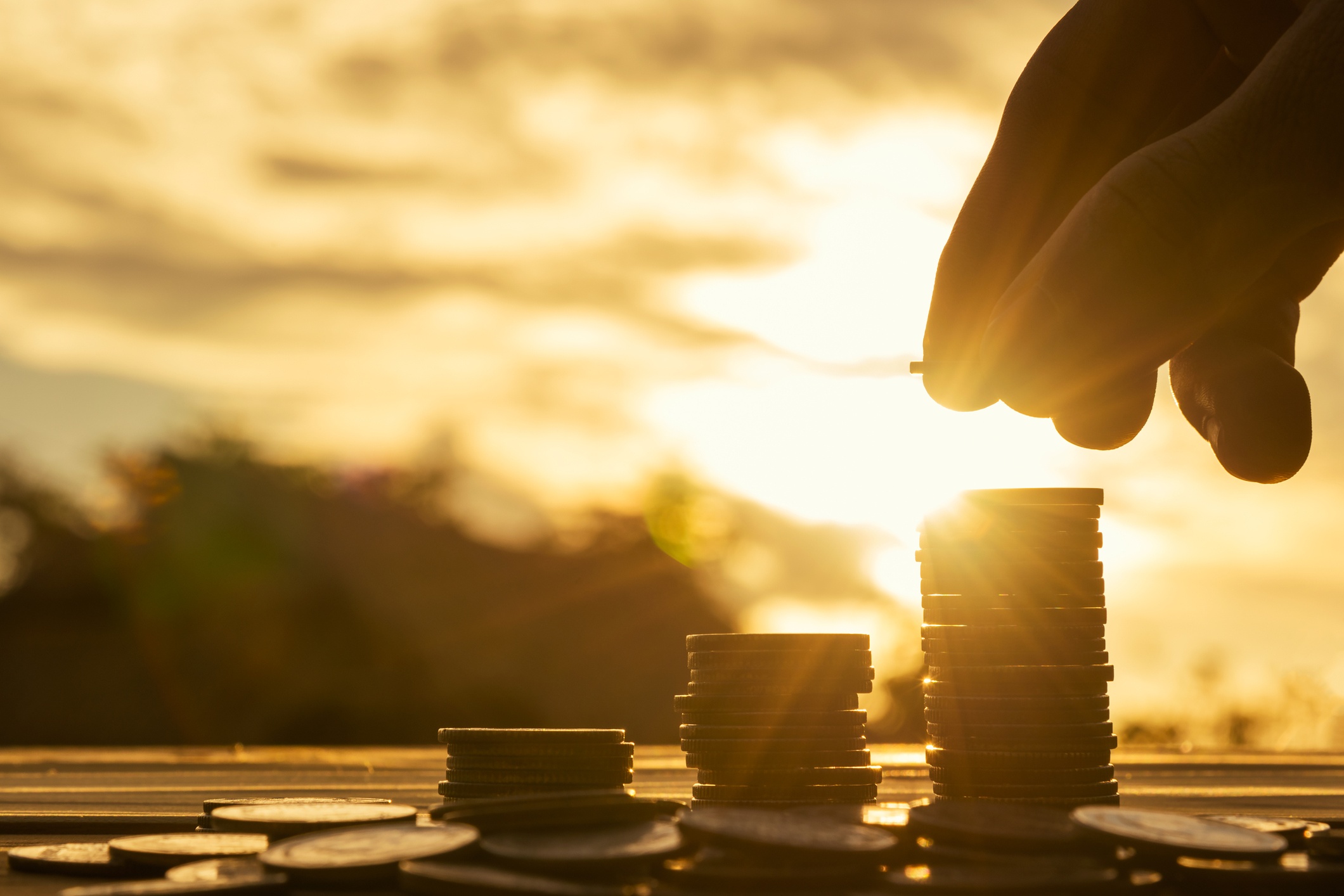
We’re stepping into an era of renewable energy that we’ll never turn back from...and that’s very good news for the environment. Solar energy is, right now, one of the most promising clean energy options for Kiwi homes and businesses. Utilising solar energy is also a smart financial move.
But you might wonder, where exactly do the great cost savings you’ve heard associated with solar, come from? In this blog, we’ll talk more about how the savings work.
But first, let’s talk about why it’s wise to produce your own solar energy in the first place.
Why it’s important to be an ‘energy producer’
Traditional electricity comes at a big cost, and it will only get more expensive in the future. Especially if you live rurally or own a business in a rural area, it can be a hefty expense to install power lines.
If you own the means of producing your own solar energy, it means you’ll be less affected by the rising prices of utility-supplied power as the years roll on...and you can expect your solar installation to ‘pay for itself’!
Also, by being a producer, you can store your energy for later personal use or resale, which represents even more savings. With a typical solar setup, you can sell unused excess energy back to the local supplier. Or if you choose to use batteries, which are becoming more and more cost-effective as demand rises and technology improves, you can keep the energy reserves to use when necessary.
Either way, you’re more independent and your savings add up.
Learn just how much you can save with solar energy, by using the World Solar calculator!
Storing solar energy: Use stored power whenever you need it
If you stay connected to the grid, as usually recommended, you have the local power lines as a backup energy method. You’ll generate energy through your solar panels and use that first, and then if you need more — for example, when running several high-drain devices together — you’ll automatically tap into the grid.
However, if you go off-grid for complete energy independence, you won’t have the local grid as a backup. Either a battery bank or another power generation method, like a wind turbine system, will be necessary to keep your power supply constant.
Batteries technology is improving, but there are a few things that battery users must be aware of:
- Safety. Depending on the type, batteries can emit harmful gases and pose health risks. Solar battery users should follow the manufacturer’s safety guidelines for ventilation and maintenance.
- Capacity. The right battery will be able to store several days’ worth of power when your panels aren’t gathering solar energy. You should also be sure to get a deep-cycle battery, which withstands damage when drained beyond 50%.
All in all, storing solar power is a great way to preserve the ‘free’ energy you generate from the sun, so you can tap into your own reserves when needed without paying extra.
Selling back to the grid: Earn a small income
Solar can be a source of extra income. Excess power generated, can be sold back to your utility. This kind of arrangement is called a buy-back tariff.
There are a few caveats you should be aware of, however, when it comes to selling back solar. The buy-back rates tend to be lower than the retail price that you would pay, and you may have to pay a monthly fee before being allowed to sell. Every retailer will offer different buy-back terms, so you’ll have to see what arrangements you can work out.
In addition, you’ll need a system that allows your solar installation to be shut off in the event of a grid outage. This prevents your solar system from sending an energy surge into the grid, endangering repair workers in the process.
Even so, selling excess solar energy to the grid can help you create a small additional income, helping to bring you a return on your investment even sooner.
There’s more than one way to save with solar energy. By becoming a producer of clean solar power, you’re not only helping the environment: you’re giving yourself the option to either store free energy for later use or sell it back at a small profit.
In either case, solar can potentially mean big savings and a healthy financial outlook for just about any household or business that takes advantage.








